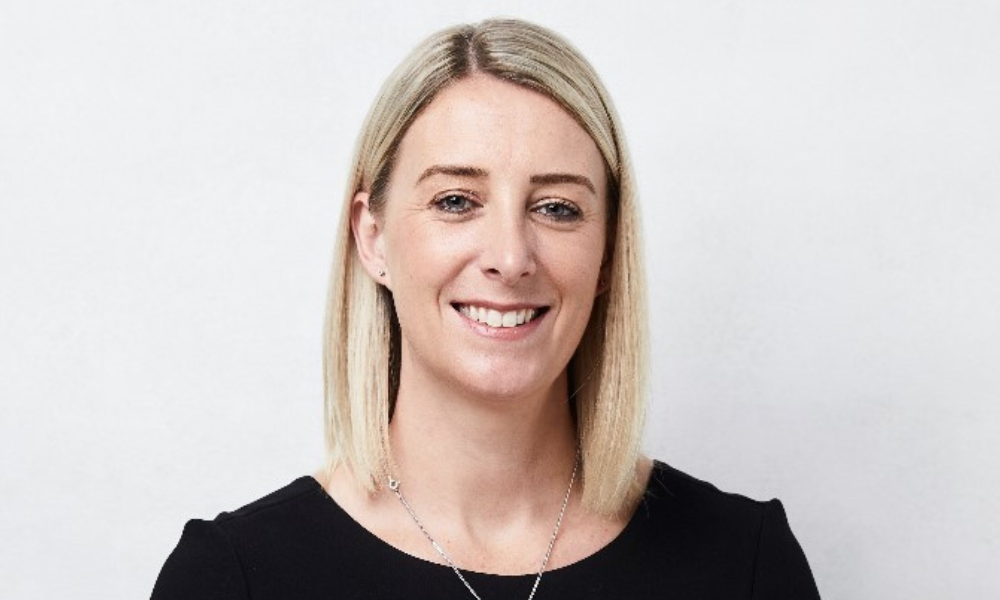
Melissa Sams of Lifeline Direct discusses focus on recruitment and retention of volunteers

Thinking outside the box in terms of engagement proved a lifesaver for suicide prevention organisation Lifeline Direct.
Not only did the organisation face pressure to recruit and train new volunteers during COVID - a time when its services were in high demand - but it also experienced a rise in attrition rates of those already enrolled to provide support for its Lifeline Crisis Support service.
To address the issue, the organisation embarked on a focused volunteer engagement programme.
“We need to make sure that we have volunteers that are able to remain accredited or trained, can operate safely, and can answer calls for those people that are in need,” says Melissa Sams, general manager people & capability at Lifeline Direct.
Switching to a digital training programme enabled more volunteers to join, but during the recruitment focus, a rising number of already established volunteers left.
“We started to notice that our voluntary attrition was actually quite alarming,” says Sams. “It became a challenge for us. We were focused at the front end of the funnel talking about ‘How do we get them into the training process?’ and maybe had lost sight on what the actual volunteer engagement and retention strategy was. So we decided as an organization to embark on that as a project.”
It wasn’t difficult to get C-level buy-in for the initiative, says Sams, especially since demand for the service was so high at the time.
A key to rolling it out was establishing the needs of those already onboard.
“We really wanted to understand the group of volunteers that we had, that were motivated, that were engaged, were maintaining their accreditation and had come in through the training pipeline and had stayed,” says Sams, who spoke with HRD Australia on video.
The organisation spent time with focus groups including current and former crisis support volunteers, those managing volunteers, and people involved in volunteer recruitment.
Questions asked included: Is our training accessible? If not, why? How can we make it more accessible? Are we aligning the actual expectation of what the role is to the reality?
To achieve the maximum benefit from the initiative, the organisation enlisted the use of personas.
“Personas is more of a marketing tool where you get to understand who is your audience and what do they actually want? So in our project, we spent a lot of time with internal stakeholders, identifying specific personas that would represent our ideal volunteer, what they needed and how we could engage them.”
The project included an in-depth look at environmental factors, which showed that post-COVID, the volunteering landscape had changed dramatically, with a decline nationally.
Sams says being a volunteer at Lifeline is a special role, with strict standards, and a need for the organisation to provide support and care for volunteers.
For a successful roll-out, emphasis was put on communicating the importance of people getting involved through the research and working groups. After 12 months, the organisation was able to develop a strategy and action plan that includes changes to be implemented, some of which are quick wins, she says.
Fundamental strategic change is aimed for next year, with followup to gauge its success.
“Ultimately, if we're able to fill our training courses, have volunteers that have the right level of expectation around what the role is and stay engaged, the volunteer attrition rates are reduced, and we're able to meet the demand with the calls — that's ultimately the goal.
“We’ve got a vision of an Australia free of suicide, so every call we can answer is a person we're helping.”
Sams is confident the result of the initiative will provide a great environment for attracting, engaging and retaining volunteers in the crisis support space. The lessons learned may in future also be applied the organisation’s other volunteer areas.
In terms of advice for emerging HR practitioners, Sams says push yourself out of your comfort zone and also be yourself.
“You need to be humble and human, you need to remember that HR has come a long way, so gone are the days where it's a transactional activity or personnel management. It's actually about humans.
“And I think really considering people in every decision you make, every communication you write, every letter, every meeting you go to, whatever it might be, put yourself in those shoes, even though we can't walk in other people's shoes, and be inclusive, be yourself.”
Grow your own skills and strengths, she says, and align yourself with an organization that you believe in.
Need help engagine with employees? See our Engagedly employee enagement software review for information on this tool.